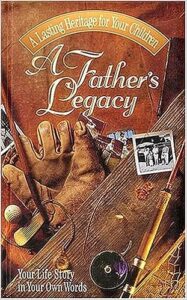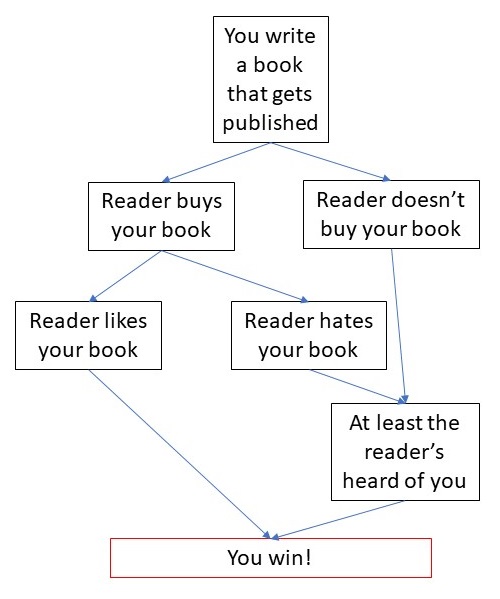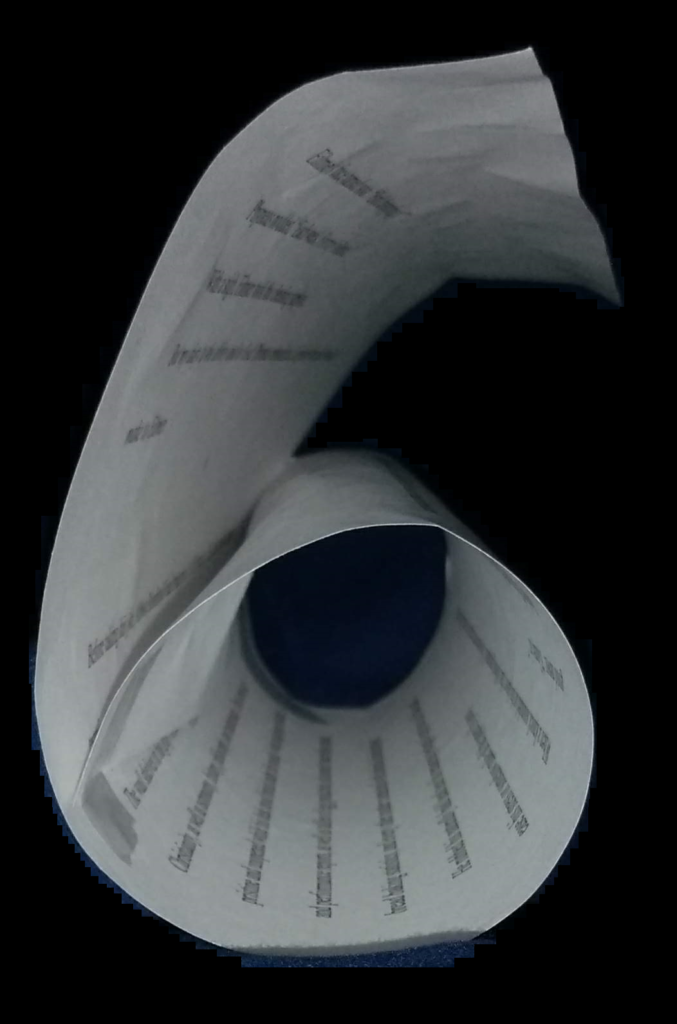My father died a few months ago. He lived a long and eventful life. A well-documented life.
During his retirement, he took time to write a series of vignettes about his past, his present, and general thoughts. By ‘a series,’ I mean he typed about 800 vignettes totaling more than 600,000 words.
Why did he do this? Probably best that I let his words explain that. He used the metaphor of leaving footprints in the sand. But his rationale has nothing to do with the Christian allegorical poem “Footprints” of disputed origin. On June 12, 2014, my father wrote:
“Here’s my basic view of the whole business. As we walk (run, or slouch) through life we leave footprints in the sand. Most of us leave our footprints … just above the low tide watermark and when we die, the sea comes in and obliterates them. No footprints, no markers, nothing to mark our having passed that way. All is gone except for some fading memories … and maybe a piece of lore or legend that lasts for a generation or so. This has been the bane of existence of the human race for thousands of generations. It probably will continue in that lively vein for another thousand generations. One could hope so in any event.
“What if we could encourage everyone to share a few of their stories before they pass behind the black curtain? If a few would walk, and leave their footprints in the sand, but above the high tide level. They could write what a long life of seeing and experiencing change and how THEY managed. What joys and loves they experienced, also the hardships and sadness’s they overcame. What insights would they share? It seems selfish to die and take all the good stories with you.”
I might not have used the word ‘selfish,’ but it is a shame so many people die without leaving a lasting record of their thoughts, recollections, and beliefs.
How much do you really know of your parents’ lives? Those of your grandparents? Further back? When they’re gone, you’ll have innumerable questions to ask them, but you’ll get no answer. In a sad irony of human experience, you’ll only get curious about them after it’s too late. If only they’d taken some time, while living, to write about their lives.
Perhaps it’s too late for your ancestors, but it’s not too late for you. Options include ready-made books such as Reflections From A Mother’s Heart or A Father’s Legacy or . Other similar versions abound. Such books contain prepared questions, and you write your answers.
Or you can do it the way my dad did. Simply write. Choose your own format and your own way to organize your thoughts. Or don’t organize. Just write what occurs to you, especially regarding aspects of your life you think others might become curious about. You’re trying to convey a sense of what your life has been like. It could be in the form of a journal or diary, such as you may buy in many stores, or regular emails that you retain on thumb drive or CD.
Even humdrum aspects of your life today might fascinate readers several generations from now. Your ancestors considered home ice delivery, churning butter, or dashes to the outhouse just part of life’s background. Most of them wouldn’t have imagined the lives we lead or the interest we’d have in their daily, banal routine.
Maybe you believe you’re not a writer. Perhaps your grammar and spelling both stink and you feel embarrassed about that, afraid to expose these flaws. I suggest you get over that. Those who read your words crave content, not flair. (Note: you could record your words in audio or video form.)
My dad’s vignettes contain numerous spelling and grammatical mistakes. Though college-educated, he only did enough writing to get by. I doubt he even self-edited his vignettes—just tapped on his keyboard, printed them up, and mailed them. Do I think any less of him for his typos and mistakes? No.
Imagine a different world, one where all your ancestors wrote accounts of their lives, going back to the dawn of human language. What a treasure trove! How many mistakes might humanity have avoided, so as not to repeat historical tragedies? How much more advanced might our species be?
We don’t live in that world. We have history books, yes, but they speak to us in generalities, not specifics. You know humanity’s history better than your family’s history.
You can start to create such a world for your own descendants. If you’re childless, write about your life anyway. Give those writings to friends or family members.
Bequeath something tangible and informative to those behind you. Leave more permanent footprints in the sand. Walk the beach of life, above the high tide level, along with—
Poseidon’s Scribe













